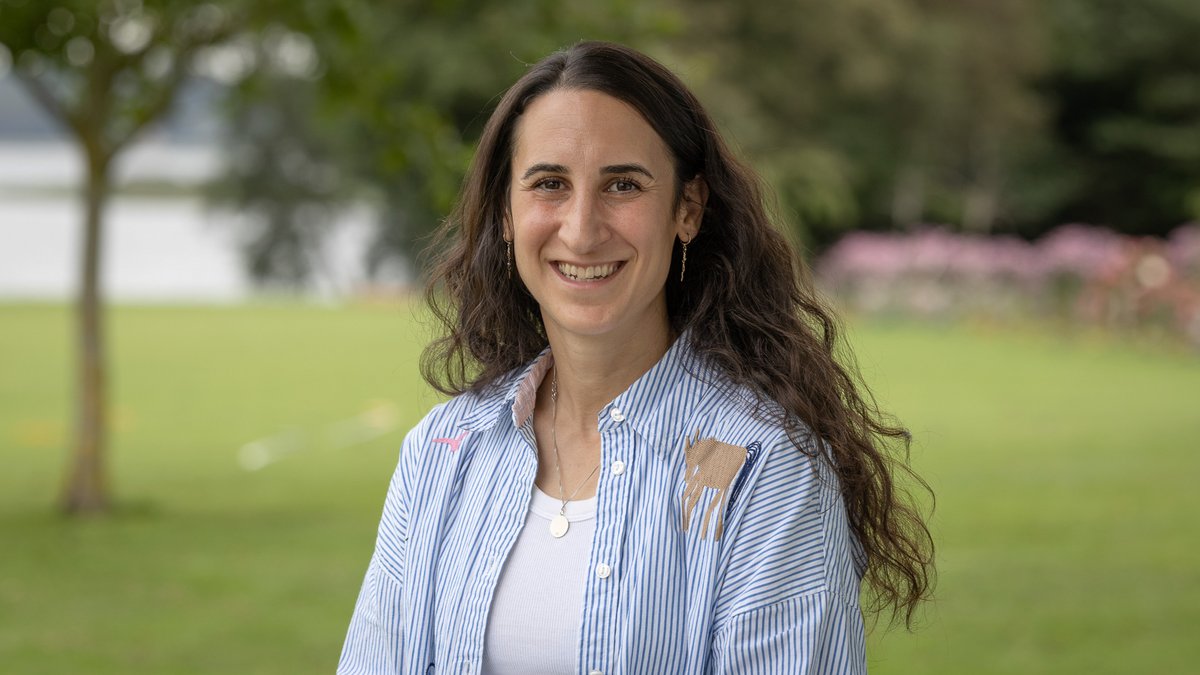Nina Nouhravesh - Postdoctoral Fellowship 2025
Project summary:
Pulmonary Embolism & Anticoagulation Evaluation in Cancer Patients: Overtreatment of Incidental Events (PEACE)
We are investigating whether treating small lung blood clots found incidentally in cancer patients with anticoagulation is truly beneficial. Our hypothesis is that no treatment may be equally safe, considering side effects such as bleeding. The study is conducted as a decentralized clinical trial using a fully digital approach for screening, enrollment, and follow-up.
Project Title
Pulmonary Embolism & Anticoagulation Evaluation in Cancer Patients: Overtreatment of Incidental Events (PEACE)
Background
Advances in diagnostic tools and artificial intelligence have led to more frequent detection of small lung blood clots in cancer patients, including those without symptoms. Current guidelines recommend treating all lung blood clots with anticoagulation, raising concerns about possible overtreatment and the need to reassess existing practices.
Aim
To assess whether anticoagulant treatment for small, incidental lung clots in cancer patients improves outcomes such as survival, bleeding risk, cancer care continuity, and quality of life.
Methods
A decentralized clinical trial in which patients and physicians participate remotely via apps. Cancer patients with small incidental lung clots are randomized 1:1 to anticoagulants/no anticoagulant. Patients, clinicians, and researchers co-designed the study to ensure it meets real-world needs.

Nina Nouhravesh
- MD and PhD
- Herlev-Gentofte Hospital, Department of Heart Disease
Mentors:
Morten K. Lamberts, MD, PhD, Dept. of Cardiology, Herlev-Gentofte Hospital
Professor Lars Kayser, Dept. of Public Health, University of Copenhagen
Christina Ruhlmann, MD, PhD, Dept. of Oncology, Rigshospitalet
Professor Ninian Lang, University of Glasgow, UK